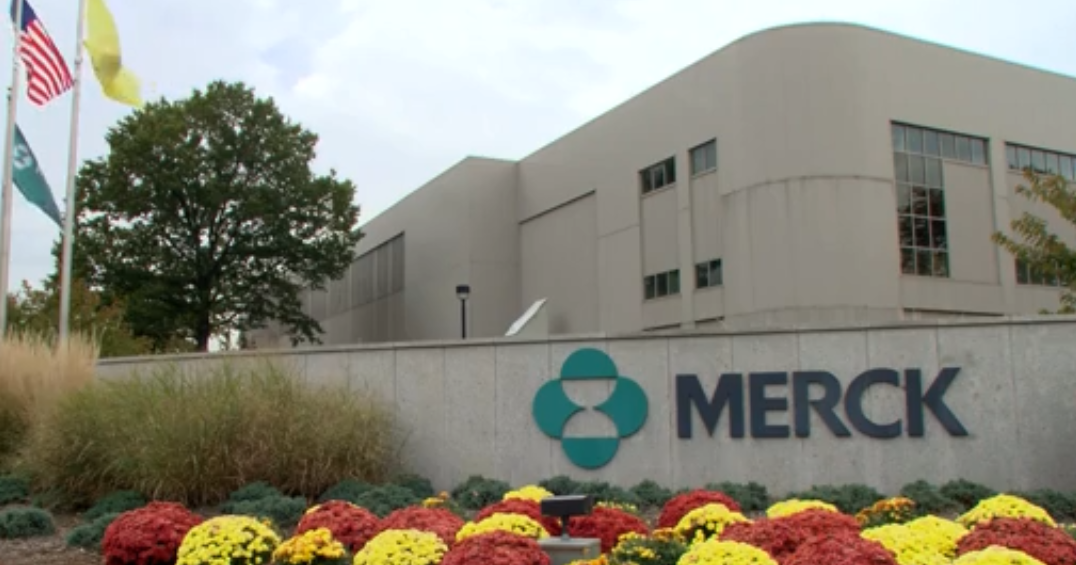Merck & Co plans £1bn hub in London's life sciences cluster

US pharmaceutical firm Merck & Co plans to build a £1 billion “hub” opposite London’s King’s Cross station, according to press reports.
The company known as MSD outside of North America aims to build the new centre close to the Francis Crick Institute, at the heart of the city’s life sciences “cluster”.
The Financial Times reported that the company expects to employ 800 people on the 25,000 square metre site.
If Camden Council grants planning permission, construction could start late next year ahead of staff moving in during 2025.
Most staff will relocate from smaller MSD labs in London and from the company's other offices in Hoddesdon, Hertfordshire.
The company expects to create around 120 new jobs for scientists and technicians at the site, which is due to be called the London Discovery Research Centre.
MSD announced plans to create the centre as long ago as 2017, a move hailed by the government as a boost for the economy as the country heads for Brexit.
According to the FT, the company said although the investment was never in doubt, the plans had taken longer to firm up because of problems finding a suitable site in the area.
The lab will be the first outside the US to carry out early-stage research to discover new medicines.
Scientists will focus on diseases of ageing and neuroscience, according to the FT, which cautioned that the development already faces opposition from conservation groups.
One such group, Save Bloomsbury has described the planned building as a “monstrosity” that is one of the “ugliest and most inappropriate buildings proposed in recent times” in the area.
However architect Allford Hall Monaghan Morris said it hoped the build would inspire young people in the area.
David Peacock, MSD managing director for UK and Ireland, said: “We currently view the UK as a world leader in developing science, driven by the long-term emphasis on building a strong research and development infrastructure.
“We look forward to being an active participant in the UK's bioscience community.”











